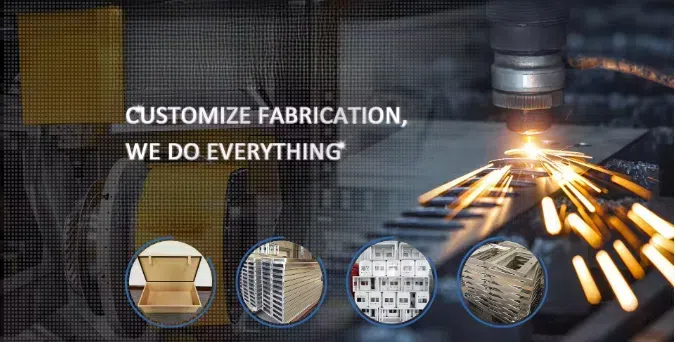In the realm of modern manufacturing, the evolution of CNC (Computer Numerical Control) machining has been nothing short of revolutionary. This technology has not only transformed the way complex parts are manufactured but has also paved the way for unprecedented efficiency and precision in various industries. Let's delve into the applications and future trends of CNC machining, as outlined in the insightful presentation titled "The Application and Future Development Trends of CNC Machining Technology."
Aerospace Advancements
CNC machining stands at the forefront of the aerospace industry, where the demand for high precision, quality, and efficiency is paramount. The technology enables the efficient processing of intricate parts, exemplified by the manufacturing of aircraft components that require exacting standards. For instance, the complex geometries of an aircraft's wing or engine blades can be precisely machined, ensuring both structural integrity and aerodynamic performance.
Furthermore, CNC machining contributes to the trend of lightweight manufacturing in aerospace. By integrating complex structures into single-piece components, the technology helps reduce the overall weight of aircraft, thereby enhancing fuel efficiency and performance. This is particularly crucial for modern aircraft designs, where every gram counts towards improved environmental sustainability.
Automotive Innovations
The automotive sector has also embraced CNC machining, leveraging its capabilities for the efficient production of car parts. This not only accelerates the manufacturing process but also significantly reduces production costs. For example, the intricate machining of engine blocks and transmission components ensures both the precision and durability that modern vehicles demand.
Moreover, with the rise of electric vehicles, CNC machining plays a pivotal role in the production of key components such as batteries and electric motors. This technology supports the development of new energy vehicles by ensuring the precision and reliability of these critical parts, which are essential for the performance and safety of electric cars.
Medical Marvels
CNC machining's precision extends beyond the mechanical and into the medical field, where it is instrumental in the fabrication of high-precision medical devices. Devices such as artificial joints and heart stents require meticulous craftsmanship to ensure compatibility with the human body, and CNC machining meets these stringent requirements. The technology allows for the production of components with a level of accuracy that is vital for patient safety and device effectiveness.
Energizing the Future
In the energy sector, CNC machining is crucial for the manufacturing of components for solar panels and wind turbines. As the world shifts towards renewable energy sources, the demand for efficient and durable energy equipment is on the rise. CNC machining ensures that these components are made to exact specifications, contributing to the efficiency and longevity of renewable energy systems.
Artistic Endeavors
Interestingly, the versatility of CNC machining extends to the arts and culture sector. It allows for the creation of intricate sculptures and detailed ceramic pieces that would be challenging to produce by hand. This technology bridges the gap between traditional craftsmanship and modern production methods, enabling artists to bring their visions to life with greater precision and efficiency.
